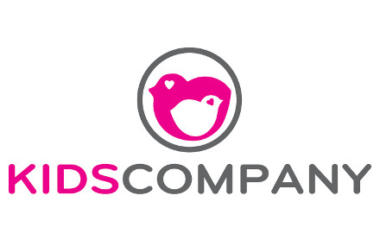After a Commons committee criticised charity trustees for their handling of fundraising and Kids Company, Kate Sayer offers ten things for boards to think about.
The Public Administration and Constitutional Affairs Committee (PACAC) published its report on Kids Company on 1 February, with the stated aim of providing lessons for the sector.
In my opinion it is a balanced report which draws out some good pointers for trustees. For well-run boards, there may be nothing new, but this is my list of ten things, based on the PACAC report, which a charity board should be attending to:
- Make sure you have the right leadership team in place. A good senior management team is like gold dust, but it also needs to be the right team for your particular charity. Trustees and managers must share the values that underpin all that the organisation does.
- Trustees should not serve for more than two terms. This is a golden rule. Most guidance and good practice suggests that a term of three years is about right. Getting the succession plan in place to ensure a balance between continuity and fresh eyes is essential.
- Trustees need to understand the business model of the charity and the risks this brings with it. Trustees need to ensure that they have an appropriate reserves policy to fit with the business model and risk profile of the charity.
- Make sure the board membership includes people with relevant qualifications and experience. And these need to be appropriate to fit the work of the charity.
- Trustees should invest in proper research and evaluation to give them evidence of outcomes. Regulated services can use the feedback they receive from inspections to supplement this information, but it is not a substitute for evaluation.
- All allegations concerning safeguarding should be taken seriously. You need to be confident that your charity does have good safeguarding processes.
- Trustees need to listen to the concerns of staff and managers, for example through exit interviews. It does not have to be a formal complaint before the trustees instigate appropriate steps.
- Internal controls need to be underpinned by an appropriate ethos, established by the trustees. Even good internal control frameworks can be overridden by powerful individuals, so the culture of the organisation must support the operation of even basic authorisation checks.
- The scope of any review from external advisors must cover the areas you need. Grant-making charities commissioning due diligence should ensure that it will cover decision-making, attitudes, behaviour and risk management.
- Charities looking after vulnerable beneficiaries should have contingency plans. It's important to mitigate the risks arising from the closure of a service.
These will not be new issues to many experienced trustees and many charities already have this good practice in place.
But in terms of annual board appraisal, this kind of checklist can be a helpful starting point to assess how well a board is doing its job.
Kate Sayer is partner at Sayer Vincent.









